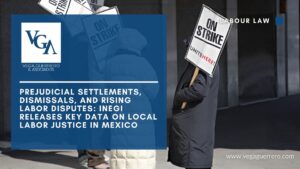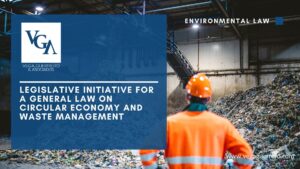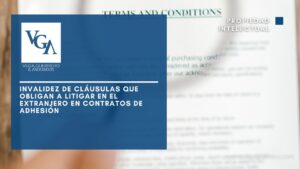In recent days, the Judicial Weekly of the Federation published in the Judicial Weekly of the Federation the Jurisprudence (2a./J. 52/2023 (11a.) issued by the Second Chamber of the Supreme Court of Justice of the Nation, which analyzed the constitutionality of provisions related to the obligation to identify, obtain, keep and provide to the Tax Administration Service the reliable, complete and updated information of the controlling beneficiaries.
In this thesis, the Second Chamber determined that the regulatory system comprising Articles 32-B Ter, 32-B Quáter and 32-B Quinquies of the Federal Fiscal Code, as well as rules 2.1.47, section XXI, 2.8.1.20, 2.8.1.21 and 2.8.1.22 of the Miscellaneous Tax Ruling for the fiscal year 2022, by establishing to whom the character of controlling beneficiary applies and using the expression “…”.any other legal figure“, respects the principle of legal certainty.
In this way, in the resolution the ministers held that Article 32-B Quáter, section I, of the Federal Fiscal Code, it is clear that the controlling beneficiary is a natural person or a group of natural persons who directly or through another or others or any legal act, obtains or obtains the benefit derived from its participation in a legal entity, a trust or any other legal figure, as well as from any other legal act, or is the person or persons who ultimately exercise or exercise the rights of use, enjoyment, enjoyment, use or disposition of a good or service or on whose behalf a transaction is carried out, even if it is done or they do it on a contingent basis.
In addition, the controlling beneficiary is whoever, directly, indirectly or contingently, exercises control of the legal entity, trust or any other legal entity, specifying that it is understood that a natural person or group of natural persons exercises control when, through the ownership of securities, by contract or any other legal act, can or may impose, directly or indirectly, decisions in the general meetings of shareholders, partners or equivalent bodies, or appoint or dismiss the majority of the directors, administrators or their equivalents; maintain the ownership of the rights that allow, directly or indirectly, to vote more than 15% (fifteen percent) of the capital stock, or to directly or indirectly direct the administration, strategy or main policies of the legal entity, trust or any other legal entity. In addition, this provision establishes that in the case of trusts, the trustor or trustors, the trustee, the trustee or trustees, as well as any other person involved and who ultimately exercises effective control in the contract, even on a contingent basis, will be considered controlling beneficiaries.
In these terms, the session concluded that the aforementioned legal provision does not leave the obligated parties in legal uncertainty, since from its reading it is clear to whom the character of “controlling beneficiary” applies for exercising or obtaining certain rights and/or control of the entity or legal entity in question.
In addition, they pointed out that for the purposes of the analyzed system, what is relevant is not the definition of the expression “any other legal entity”, because although it is true that due to its breadth, it can indeed be anyone, it is also true that it is conditioned that the individual obtains the benefit derived from its participation through some legal act, or ultimately exercises rights of use, enjoyment, enjoyment, use or disposal of a good or service or in whose name a transaction is carried out, even if it does so on a temporary basis, or exercises control of the corresponding entity or act.
Derived from the above, the tax team of Vega, Guerrero & Asociados remains at your disposal to provide the corresponding support and advice for compliance with these provisions in tax matters.




